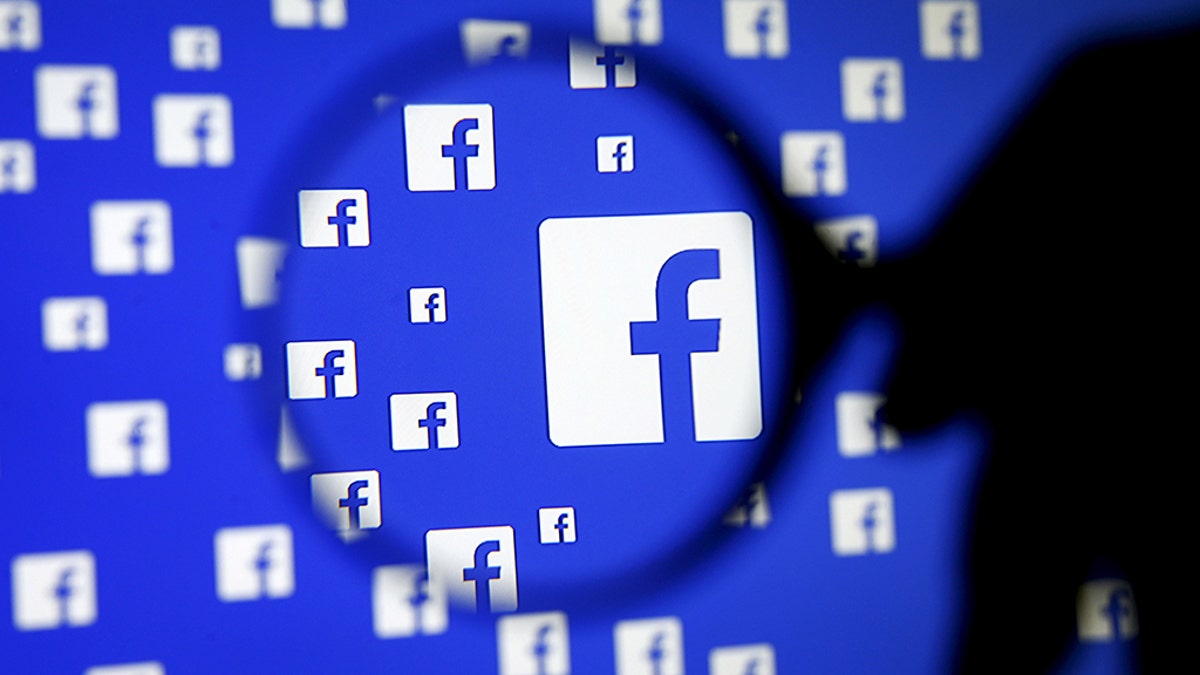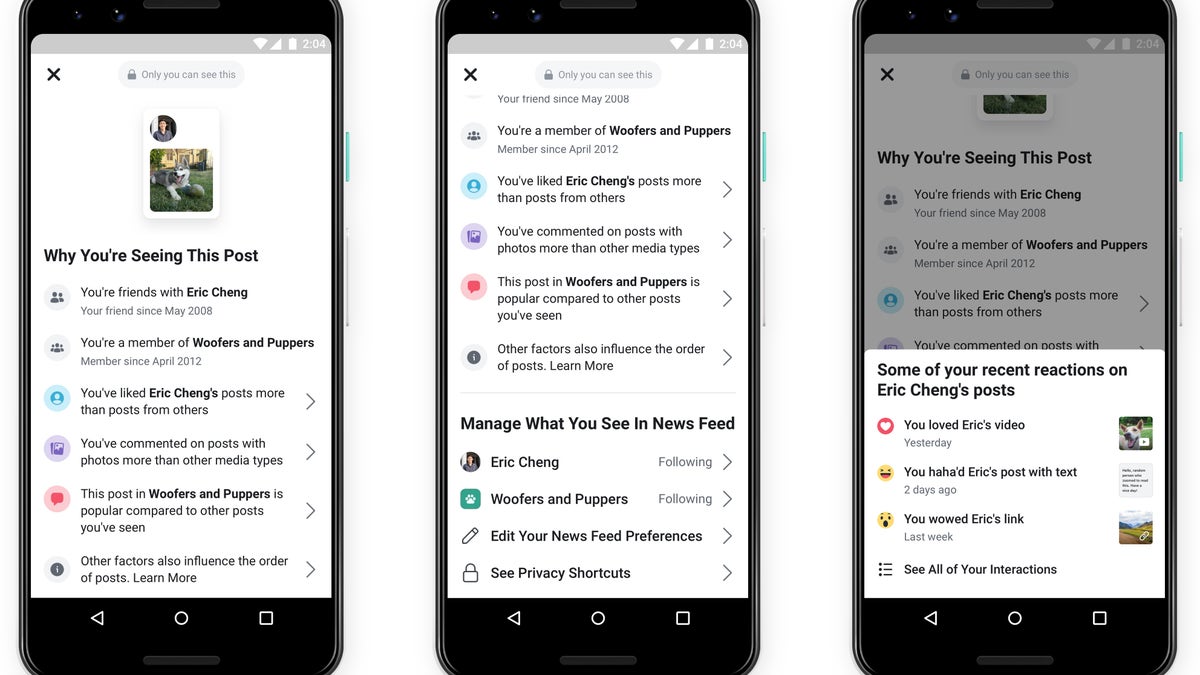
Facebook is shedding some light on its notoriously secretive algorithms. (Reuters)
Facebook is finally pulling back the curtain on how its algorithms decide what to show in your News Feed.
The tech giant is launching a new button called "Why am I seeing this post?" that will show users what factors went into displaying specific posts on their News Feed.
This transparency about ranking marks a first for the social network, which has closely guarded exactly how its algorithms function in the 15 years since its founding by CEO Mark Zuckerberg.
When users tap on the new button, which will be located in the drop-down menu at the top right corner of posts, they'll see an explanation of how their previous behavior influenced the posts they are seeing.
GOOGLE PULLS GAY CONVERSION THERAPY APP FROM PLAY STORE FOLLOWING OUTCRY
Specifically, the company said in a blog post, users will see "if a post is from a friend you made, a Group you joined or a Page you followed. What information generally has the largest influence over the order of posts, including (a) how often you interact with posts from people, Pages or Groups; (b) how often you interact with a specific type of post, for example, videos, photos or links; and (c) the popularity of posts shared by the people, Pages and Groups you follow."
Facebook said its research found that users also wanted to be able to quickly take action based on the new transparency in News Feed.

Facebook is giving users more information about News Feed. (Facebook)
"We've made it easy to manage what you see in News Feed right from this feature," the company said in a blog post.
In addition, Facebook has updated its "Why am I seeing this ad?" tool to provide more details about which advertisements users are seeing and why they are seeing them.
NAVY TO ADD 30 DESTROYERS IN MASSIVE WARSHIP EXPANSION
"Both of these updates are part of our ongoing investment in giving people more context and control across Facebook," the company said in its blog post.
The tech company has faced a series of scandals and mishaps around issues of privacy, hate speech, targeted advertising, data-sharing agreements and election integrity over the last few years. Last week, Zuckerberg called for more stringent government regulations in a Washington Post op-ed piece.








































